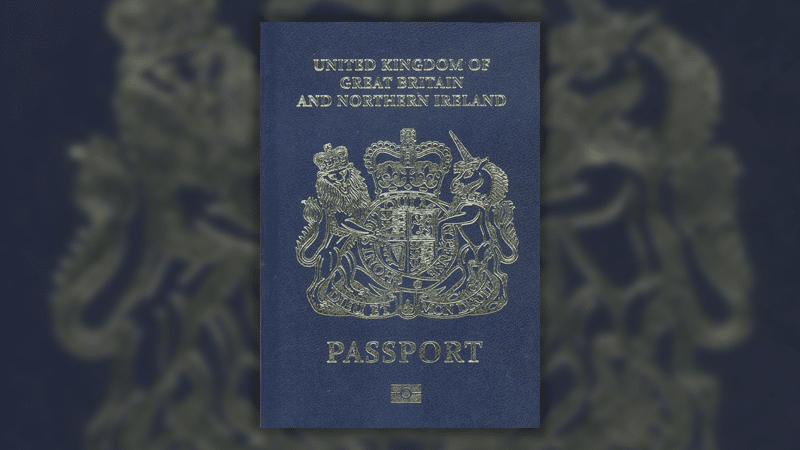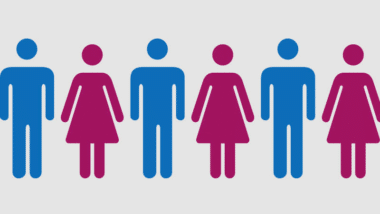A woman’s attempt to force the Government to issue her with a passport that did not record her sex has ended in failure at the Supreme Court.
Christie Elan-Cane claimed that the process for UK passports was “inherently discriminatory” and breached article 8 of the European Convention on Human Rights (ECHR) and the Human Rights Act 1998.
All five Justices dismissed her appeal against earlier judgments from the High Court and Court of Appeal.
Binary
Upholding the previous rulings, the Supreme Court said the Home Secretary was under no obligation to provide Elan-Cane with an “X” passport.
In support of the decision, Lord Reed said there was “no legislation in the United Kingdom which recognises a non-gendered category of individuals”.
“On the contrary, legislation across the statute book assumes that all individuals can be categorised as belonging to one of two sexes or genders (terms which have been used interchangeably).”
Representing the Home Office, Sir James Eadie QC argued that it was “problematic, and highly undesirable” for the Passport Office “to recognise non-binary identification when no other Government department does so”.legislation across the statute book assumes that all individuals can be categorised as belonging to one of two sexes or genders
Canada and US
In 2017, ‘gender-neutral’ passports and government documents were introduced in Canada.
And in the United States, those who say they are ‘non-binary’ or ‘gender non-conforming’ will be allowed to avoid declaring their biological sex on the official travel document from early next year.
Elan-Cane has announced her intention to pursue her campaign for a ‘third gender’ category on passports to the European Court of Human Rights.
Bournemouth Council rejects ‘gender-neutral’ language
Scots council reinstates single-sex toilets at school after campaign by parents


